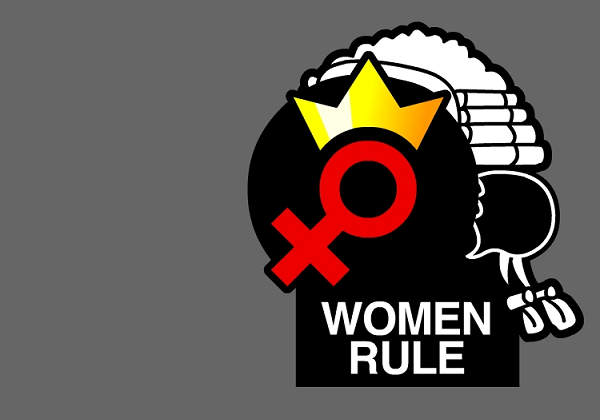For years, women’s groups in Malaysia have been pushing for more women representation in parliament. The 9th Malaysia Plan (2006 – 2010), which has a 30% policy for women’s participation in decision-making in all sectors of society, was endorsed.
This requirement is also in the Convention on the Elimination of All Forms of Discrimination Against Women (CEDAW), which Malaysia is a signatory of, which requires the Government to push for the participation of women in political decision-making to 30%. The figure of 30% is believed to be necessary for women to make a visible impact on the style and content of political decision-making.
“For us, the 30% target is actually not the biggest issue we are facing in the upcoming elections” says Winnie Yee, President of Sabah Women’s Action Resource Group (SAWO) when commenting on the low number of women candidates for the upcoming 13th General Elections which is due on 5 May 2013.
“What is more important is that suitable candidates are fielded, especially ones that are interested in advancing women’s rights. Having women politicians in parliament does not automatically guarantee this. Above all, we need the right people.”
But while Malaysia is currently targeting 30% of women in politics, SAWO notes that the figure is not representative or reflective of the overall population in Malaysia.
“Why stop at 30%? According to the Department of Statistics, in 2010, men outnumbered women only slightly with the sex ratio of 106 males for every 100 females. SAWO is of the opinion that if the parliament was to be truly reflective and fair, a 50% allocation of women candidacy should be practiced at all political parties to ensure there will be representation of 50% in parliament,” according to Winnie. “Despite large numbers of female membership in the political parties, the numbers of women who were nominated to stand and have been elected into office has been pitiful. Most of them are also not interested in advancing woman’s rights and act only as a buffer for other interests.”
In the 12th General Election on March 8, 2008, only 12% of a total of 1568 seats contested were female candidates. There were only 23 women Members of Parliament out of 222 — a mere 10.4%, far below the target of 30%. It is worse in the state assemblies where women are far outnumbered — 46 out of 576 (7.9%).
Without strong representation in Parliament, women-friendly legislation is difficult to pass through Parliament. The Domestic Violence Act took six years, legal protection for rape and sexual harassment is not sufficient, and the Islamic Family Law amendments are still pending.
According to the 2012 Global Gender Gap Index report by the World Economic Forum, based in Geneva, Malaysia was placed 100th, but 120th in terms of women’s representation in government, behind the Philippines, Indonesia, Vietnam, Cambodia, and Thailand.
There is no excuse to say that our women are not capable or educated enough to be leaders, as evidenced by enrollment in schools and universities that indicate higher percentages of females (74%) compared to males (67%). Women are participating actively and in some cases, more than men, in contributing towards nation-building and the economic development of the country. Even our own Prime Minister himself has mentioned that women are as capable as men on numerous occasions.
In general, we want to see sincere and capable candidates who are committed to the interest and needs of the communities they represent, particularly those that are marginalised.
Now is the time for all political parties to acknowledge the contribution of women by fielding candidates that are above all, gender-sensitive, regardless of whether they are men or women.
This article was previously released to local Sabah newspaper Daily Express on 24 March 2013

